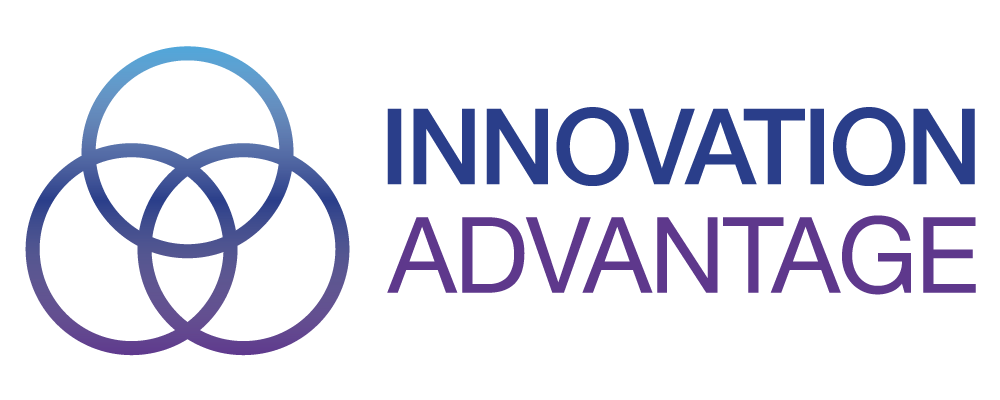How Artificial Intelligence Can Revolutionize Nursing
Nurses are at the heart of patient care, yet they face increasing demands that stretch their already limited time and energy. With persistent staff shortages, growing documentation requirements, and administrative burdens, nurses often spend more time on paperwork than at the bedside.
Artificial Intelligence (AI) is emerging as a game-changer in healthcare, offering innovative solutions to streamline workflows and reduce the strain on nursing staff. By automating essential, yet non-direct care tasks, AI allows nurses to dedicate more time to what matters most—direct patient care. This post explores how AI might transform nursing by tackling routine tasks, improving efficiency, and ultimately enhancing patient outcomes.
The Growing Burden on Nurses
The nursing profession is under immense pressure due to workforce shortages, an aging population, and increasing patient acuity. Nurses juggle many responsibilities, from assessing patients and administering medications to handling extensive documentation and administrative tasks.
Repetitive clinical duties, that require analysis, such as reviewing lab results, cross-checking medications, and evaluating lab results, consume valuable time that might otherwise be spent on direct patient interactions if a suitable support were available to assist. AI-driven technology is stepping in to help, offering intelligent solutions that reduce cognitive load and improve care quality.
Examples of How AI Can Assist Nurses by Automating Essential, Non-direct Care Tasks
Reviewing Lab Results for Critical Findings
Nurses must carefully review lab reports to identify abnormalities, but this process can be time-consuming and vulnerable to mistakes, especially in high-pressure environments. AI-powered Clinical Decision Support Systems (CDSS) can automatically scan lab reports and flag critical values, ensuring that urgent findings are addressed faster and more accurately.
- Example: AI can prioritize functions such as reviewing lab results to identify severe abnormalities, such as the potential for sepsis or even pre-sepsis, and notify nurses immediately via a notification to provide more timely life-saving intervention.
- Impact: More accurate and faster response times, reduced errors, and improved patient safety.
Reference: Topaz, M., & Pruinelli, L. (2017). Big data and predictive analytics: Capturing nursing insights to improve patient outcomes. Nursing Outlook, 65(5), 624-632. https://doi.org/10.1016/j.outlook.2017.08.004
Medication Safety & AI-Driven Alerts
Medication errors are a significant concern in healthcare, often resulting from high workloads and complex drug regimens. AI integrated into Electronic Health Records (EHRs) can serve as a second layer of protection by analyzing medication lists for contraindications and potential drug interactions.
- Example: Before a nurse administers an antibiotic to a patient on warfarin, AI can instantly flag a high-risk interaction, preventing a potentially harmful event.
- Impact: Real-time notifications provide enhanced patient safety, reduced medication errors, and decreased cognitive burden on nurses.
Reference: Amato, M. G., et al. (2021). Computerized prescriber order entry–related patient safety reports: Analysis of 2522 medication errors. Journal of the American Medical Informatics Association, 28(4), 760-768. https://doi.org/10.1093/jamia/ocaa337
Personalized Patient Education
Many patients require detailed guidance before surgeries, dialysis, or chemotherapy treatment plans, and nurses have limited time to walk each individual through the process in the detail that they deserve. AI-driven virtual assistants can generate customized education plans and deliver them through interactive videos, emails, or SMS.
- Example: A hospital’s AI-enhanced patient education system can automatically send preoperative instructions to patients via text, ensuring they follow necessary pre-surgery steps and track patient engagement with the content.
- Impact: Increased patient understanding/compliance, reduced anxiety, and more time for nurses to focus on direct patient care.
The Future of AI in Nursing
AI is rapidly evolving and will continue to support, rather than replace, nurses in delivering high-quality care. Near-future advancements include:
- AI-driven voice assistants to document nurse-patient interactions in real time, reducing documentation time.
- Predictive analytics to identify at-risk patients before deterioration, trigger early intervention, and provide documentation support.
- AI-powered scheduling and staffing to provide real-time nurse workload distribution, ensuring staffing resources are where they are most needed and reducing burnout.
Integrating AI thoughtfully allows healthcare organizations to create a more efficient, patient-centered nursing environment.
Challenges and Ethical Considerations
Despite its benefits, AI adoption in nursing comes with challenges:
- Data privacy concerns: AI tools must ensure patient information is secure and used ethically.
- Nurse skepticism: Many nurses have legitimate concerns about AI and its effects on all parts of healthcare. However, it’s important to remember that, like any tool, the responsible and deliberate use of AI can be a positive force for change. AI is designed to assist, not replace, clinical decision-making.
- Training requirements: Future nurses need proper education, and incumbent nurses need training to work effectively alongside AI, ensuring seamless workflow integration, an understanding of how AI works, and learning how to process the role that bias plays in AI.
By addressing these concerns, healthcare leaders can foster trust and encourage AI adoption in a way that enhances nursing practice.
Griffen, A., Berlin, G., Murphy, M., & Harrison, N. (2024, October 1). The pulse of nurses: Perspectives on AI in healthcare delivery. McKinsey & Company. https://www.mckinsey.com/industries/healthcare/our-insights/the-pulse-of-nurses-perspectives-on-ai-in-healthcare-delivery
AI as a Nursing Ally
AI is revolutionizing nursing by offloading specific tasks, from reviewing lab results and verifying medications to providing sepsis detection and automated patient education. These innovations free up nurses to focus on direct patient care, improve efficiency, and enhance safety.
When used correctly, rather than replacing nurses, AI is a powerful tool that helps reduce burnout, streamline workflows, and improve patient outcomes. Healthcare organizations that invest in AI solutions today are not just easing the burden on their nurses—they are shaping the future of compassionate, high-quality care.

